Safari Overview: Lake Manyara, Ngorongoro, and Serengeti
Lake Manyara National Park offers a diverse landscape with lush forests, open savannahs, and the scenic lake itself, home to flamingos, hippos, and tree-climbing lions. The Ngorongoro Conservation Area features the breathtaking Ngorongoro Crater, a haven for wildlife, including the “Big Five,” within its unique, enclosed ecosystem. Serengeti National Park, renowned for the Great Migration, is a vast expanse where you can witness massive herds of wildebeest and zebras, along with predators like lions and cheetahs, making it one of Africa’s premier safari destinations.
Included and Excluded
- All transfers described on the program
- Hotels and lodges described on the program
- Meals described on the program
- Bottled water, soft drinks, hot coffee and tea while in the jeep on safari
- Certified and experienced English-speaking safari guide
- Comfortable Land Cruiser 4x4s with pop-up roof, fridge, Wi-Fi, and power outlets
- National park fees for the entire tour (park entry fees and concession fees)
- Air tickets;
- Visa fee;
- Travel insurance;
- Tips to your safari guide ($30-50 per day per car).
please note
- By default our tours include shared accommodation in twin/double rooms, unless requested and agreed otherwise. Single supplement is available upon request. Please refer to the program to see your accommodation arrangements
- Moshi and Arusha-based accommodations usually include breakfast only, unless requested and agreed otherwise. Please refer to the program to see your meal plans on each night
- Most safari lodges usually do not include tea, coffee, soft and alcoholic drinks not to have you overpay for beverages you don't need. You will be able to order and pay for drinks at the hotels' restaurants
- Tented lodges are the most common type of accommodation in savannah. Many of them work on solar energy. This sometimes means bucket showers, limited wi-fi and no hair dryers, all in an effort to reduce environmental impact. We encourage you to do some basic research on the accommodations in your program to ensure the safari matches your travel styleTented lodges are the most common type of accommodation in savannah. Many of them work on solar energy. This sometimes means bucket showers, limited wi-fi and no hair dryers, all in an effort to reduce environmental impact. We encourage you to do some basic research on the accommodations in your program to ensure the safari matches your travel style
Itinerary
Arrival: Fly into Kilimanjaro International Airport (JRO) or Arusha Airport (ARK). Relax & Explore: Depending on your arrival time, visit:✔ Local Coffee Plantation Tour – Learn about Tanzania’s famous coffee.
Morning: Drive to Tarangire National Park (2.5 hours from Arusha). Why Tarangire?✔ Huge elephant herds (largest in Tanzania) 🐘✔ Iconic baobab trees 🌳✔ Excellent chances to see lions, leopards, zebras, and giraffes Evening: Sunset game drive, then overnight in Karatu or near the park.
On this day, it’s recommended to depart the hotel early to catch the wildlife that is most active during the morning hours. Breakfast will be packed in lunchboxes to take along. At 6:30 AM, you’ll head toward the **Ngorongoro Conservation Area**, arriving in the crater within about an hour. Ngorongoro is one of Tanzania’s most renowned parks, boasting the highest density of wildlife per square kilometer. Here, you’ll have the opportunity to spot buffalo, elephants, lions, wildebeests, zebras, hippos, and elusive cats like caracals and servals. If you’re lucky, you may even catch a glimpse of the endangered rhinoceros. Around midday, you’ll stop by the lakeside for lunch, with the safari resuming afterward. By late afternoon, you'll continue your journey to **Serengeti National Park**. Along the way, you’ll visit a memorial honoring Bernhard and Michael Grzimek, two West German researchers who played a pivotal role in preserving northern Tanzania’s national parks. Their story is detailed in the book *"Serengeti Shall Not Die."* In the evening, you’ll arrive at your accommodation in the heart of the Serengeti.
After breakfast in the morning you will safari in the eastern and southern parts of the park. The greater part of these areas is a savanna with wide open spaces, which provides a likely opportunity to see cheetah hunting antelopes. In the evening you will be transferred to a hotel, where you will have dinner and be able to rest.
After breakfast you will start the safari by being transferred to the central part of the Serengeti (also called Seronera). Here your driver will try to find the animals you're the most interested in. Closer to lunch time you will visit the Serengeti Visitor Centre, where you will be offered a lunchbox and provided with lots of interesting information not only about the animals’ populations, but also about the history of the National Park. Also, in this area you will be able to see hyraxes, which are the elephant's closest relatives. It is difficult to describe in detail all the animals of the Serengeti valley, for they number in the thousands: elephants, buffalo, ostriches, giraffes, jackals, hyenas, lions, antelopes, leopards and cheetahs—just keep your eyes peeled and enjoy the nature around you. By the evening you will be transferred to the northern part of the Serengeti and then to your hotel.
Begin your day with an early breakfast before embarking on a game drive through the northern region of the Serengeti, renowned for its unique landscapes and diverse wildlife. This part of the park offers a chance to encounter animals that thrive in its more remote and untouched areas. By early afternoon, your safari will conclude, and you will make your way back to your hotel in Arusha.
Location Map
Frequently Asked & Question
Book Your Tour
Reserve your ideal trip early for a hassle-free trip; secure comfort and convenience!

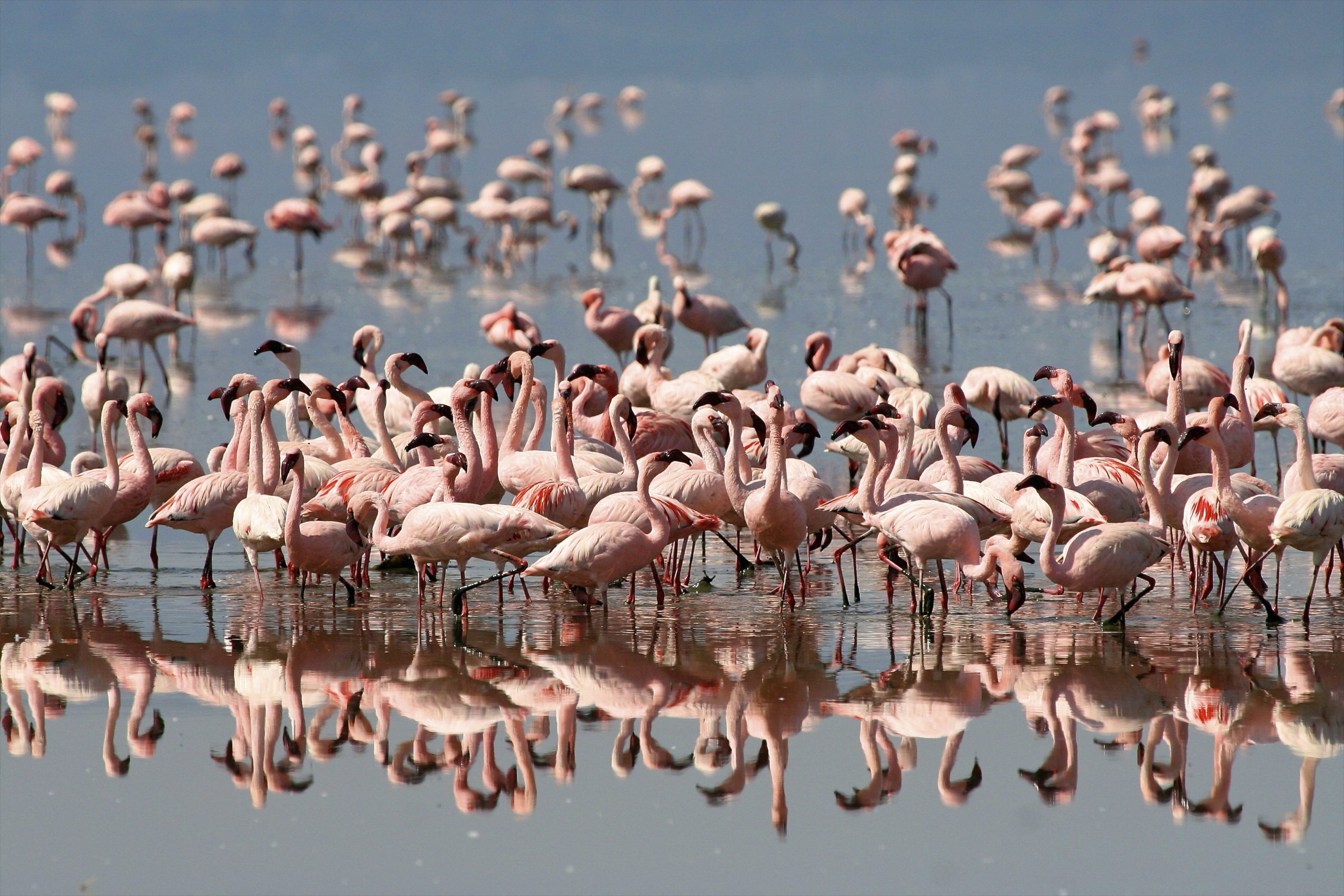
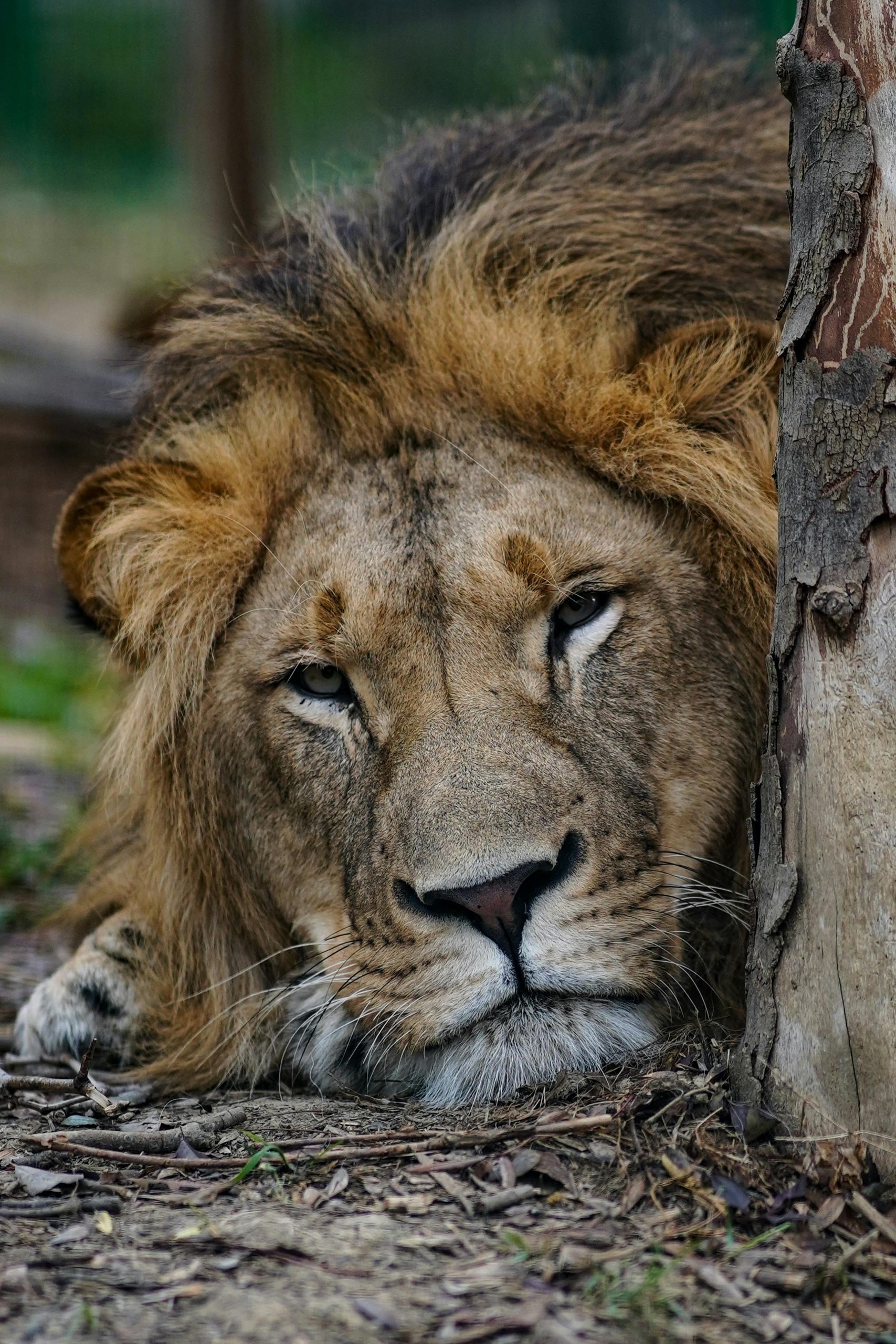
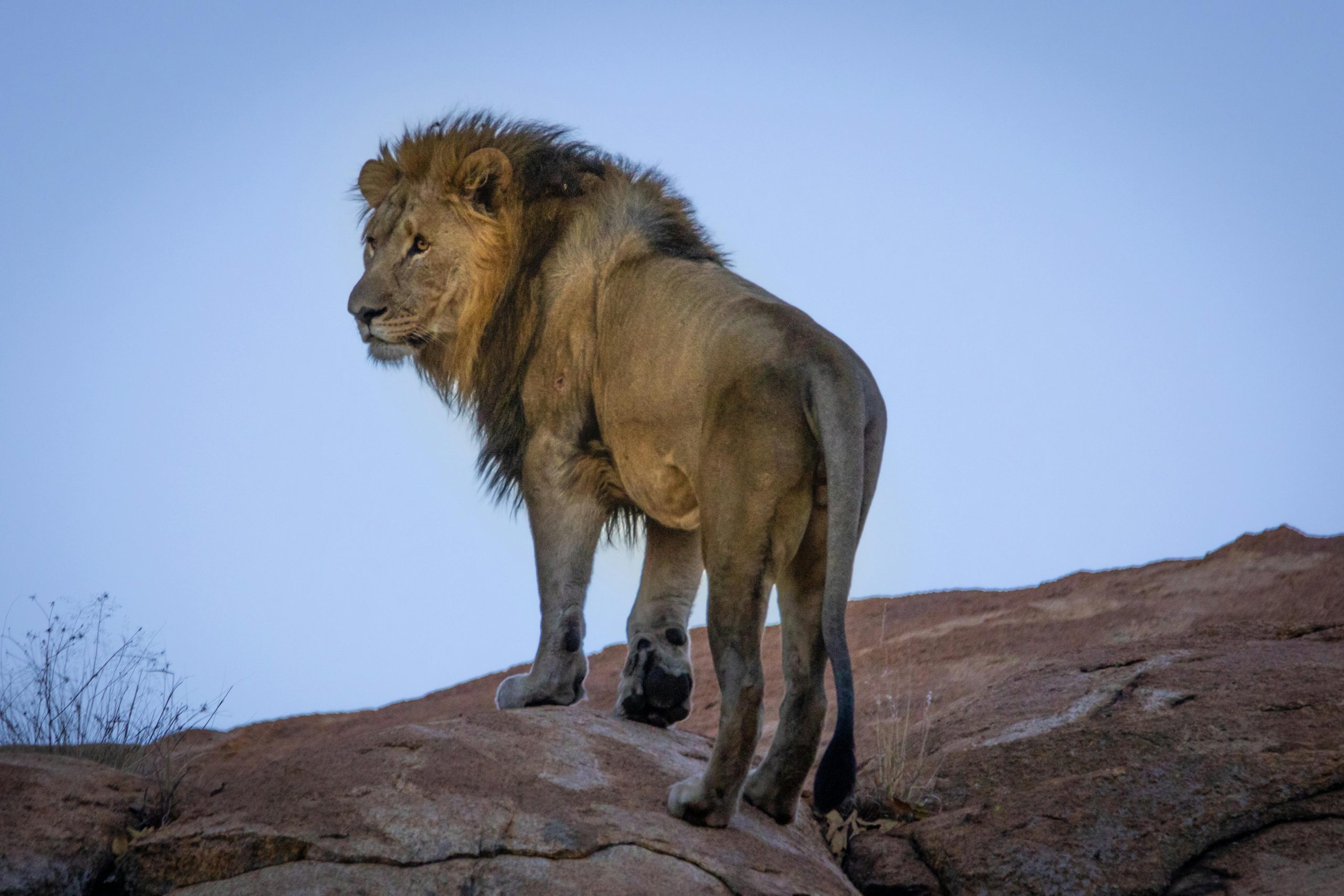
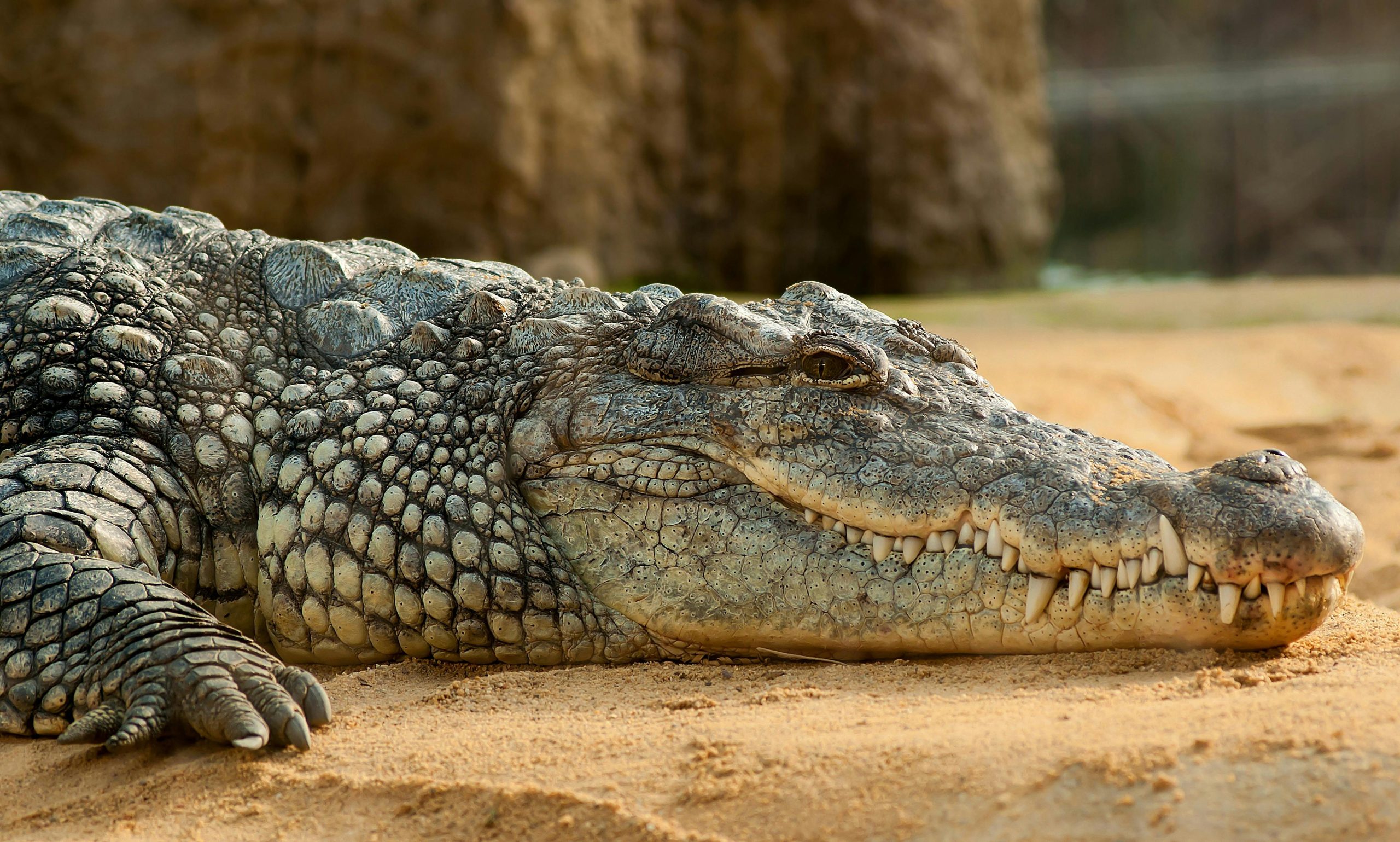
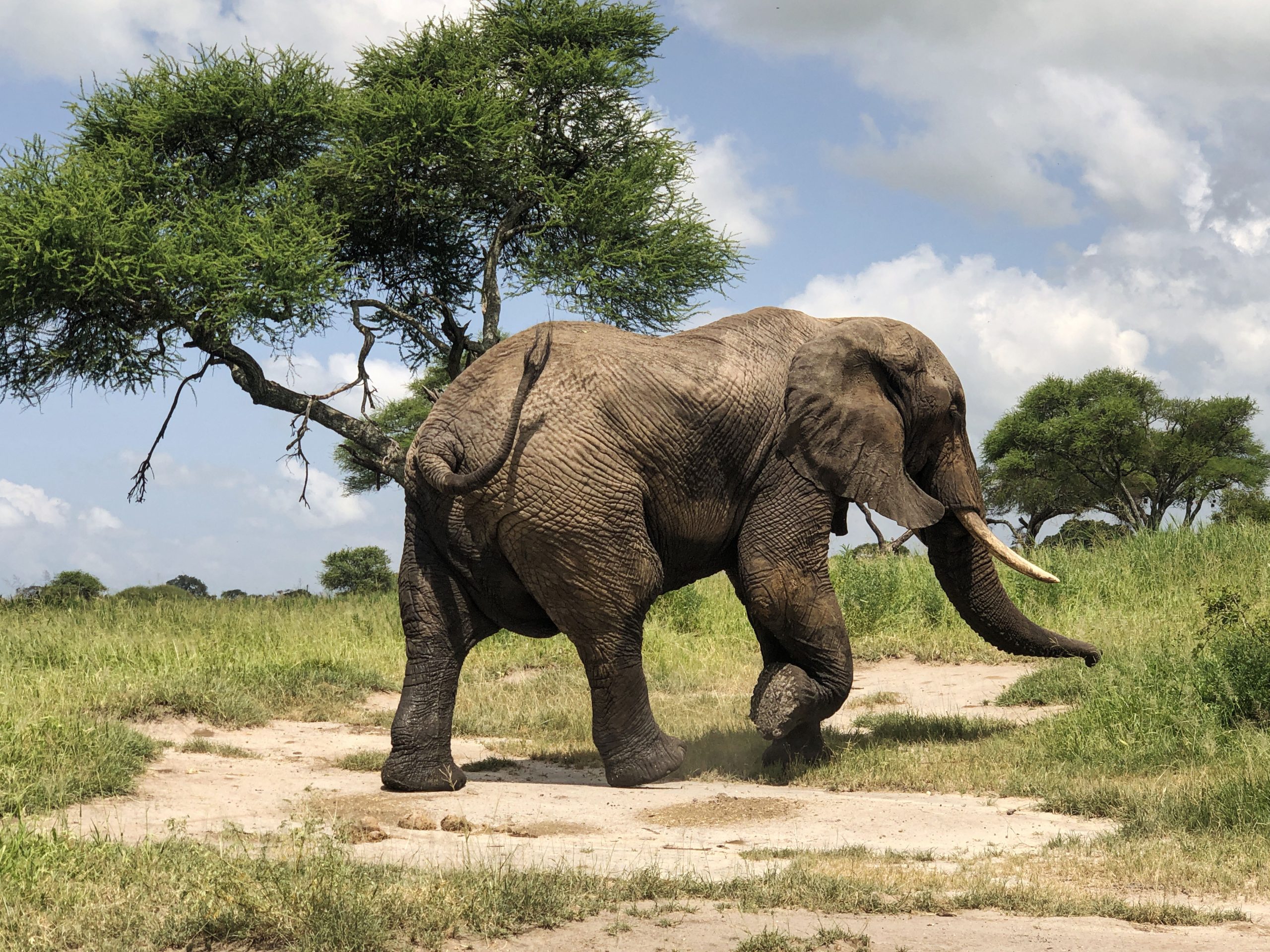
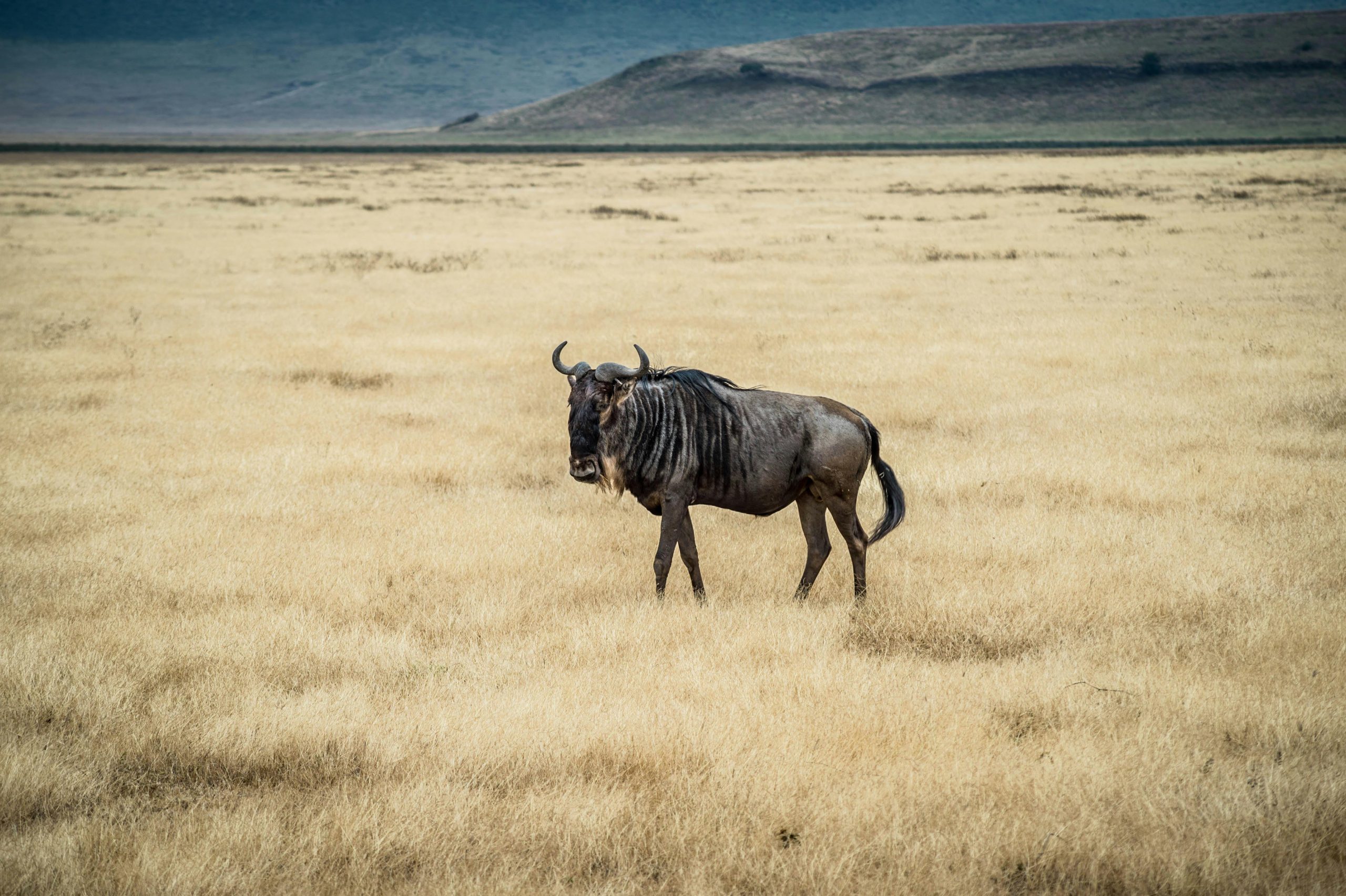
Leave a comment: